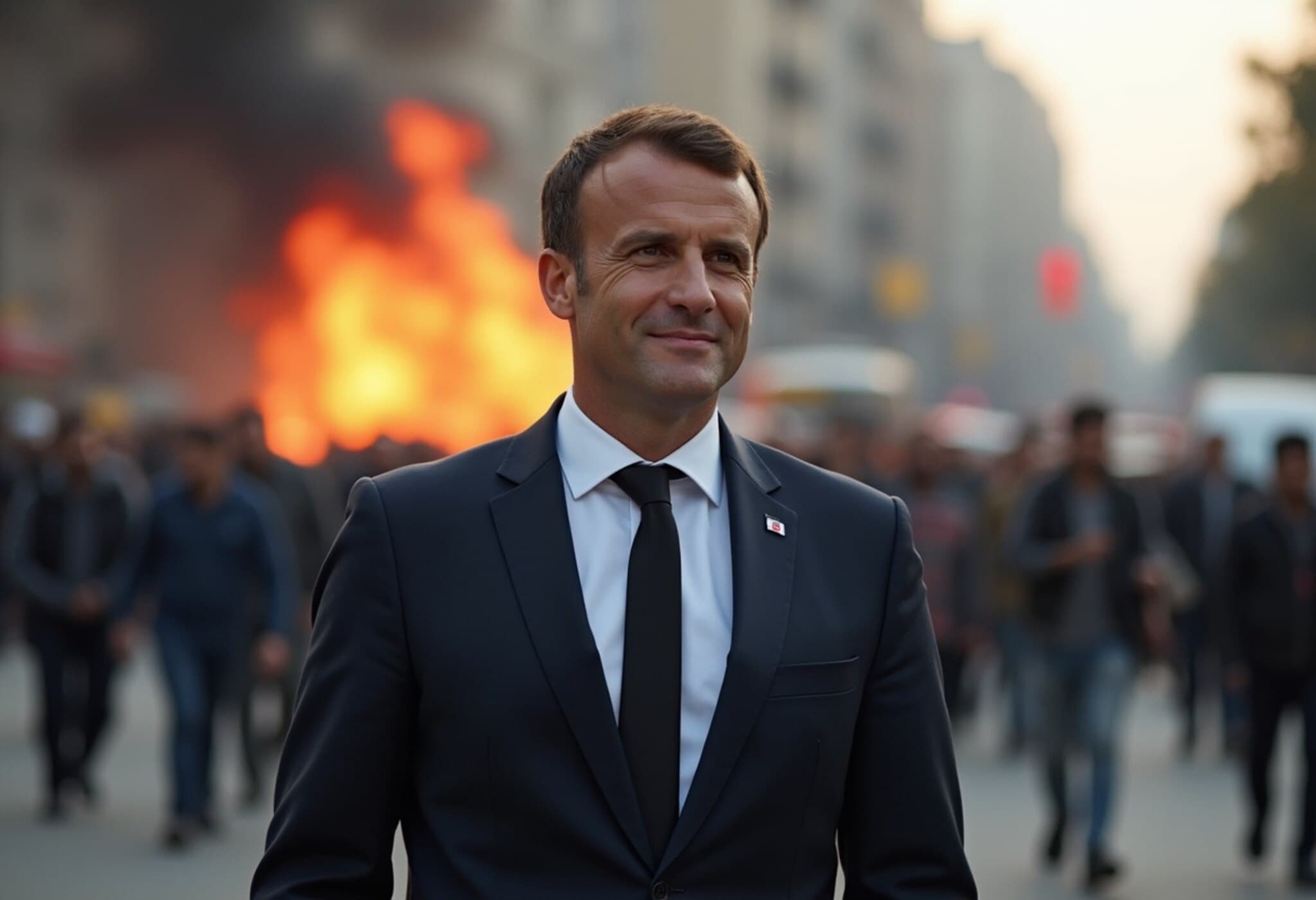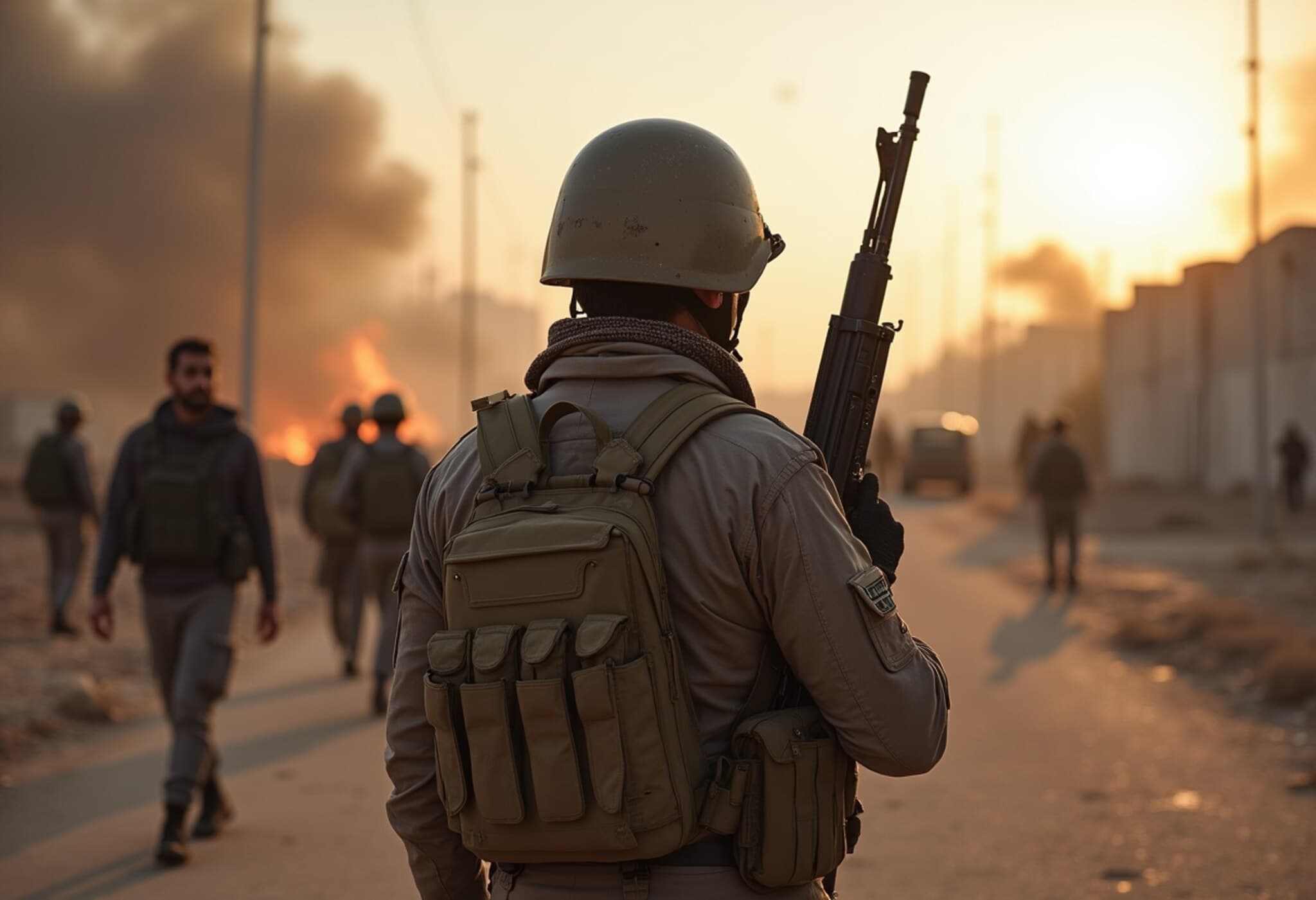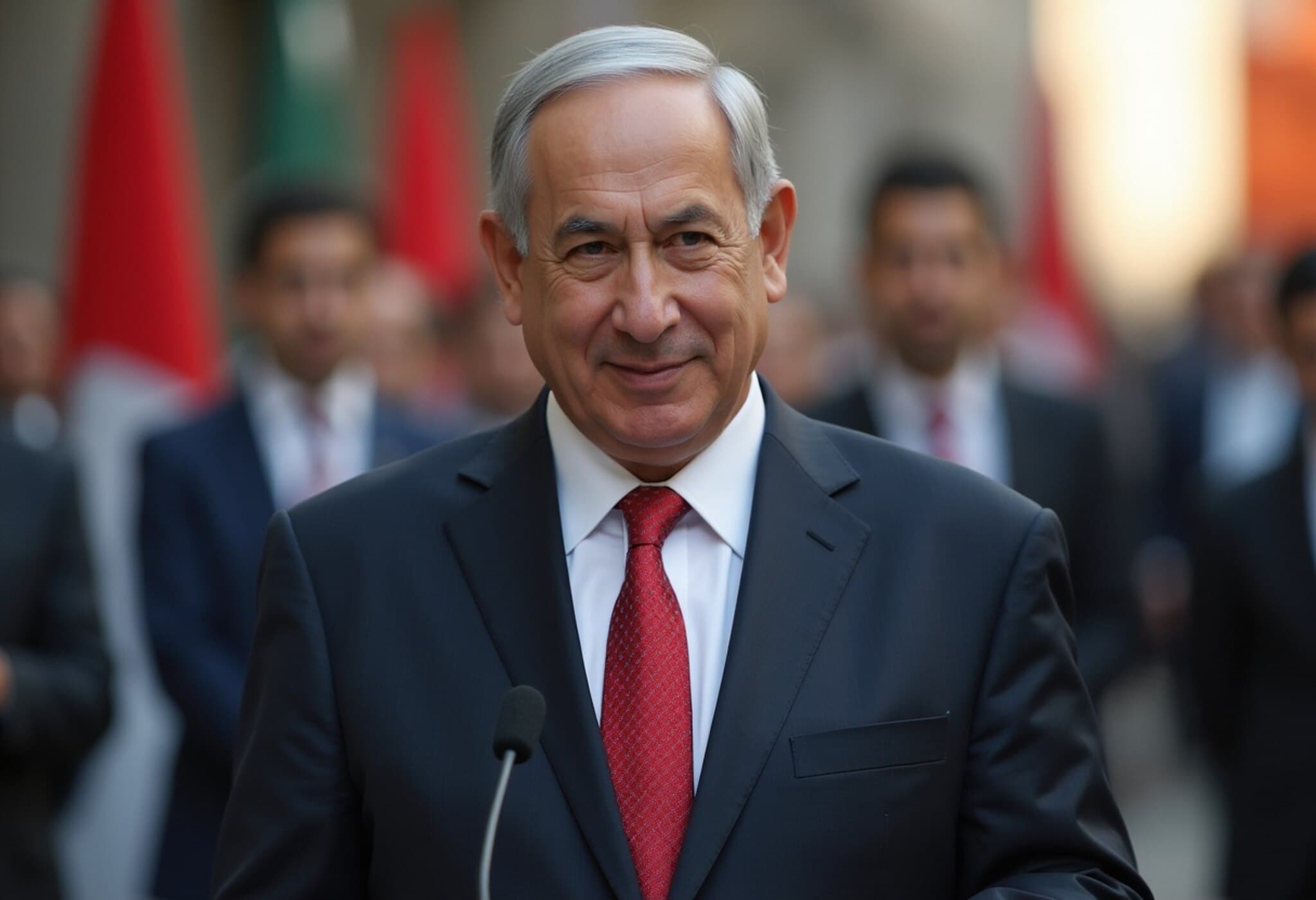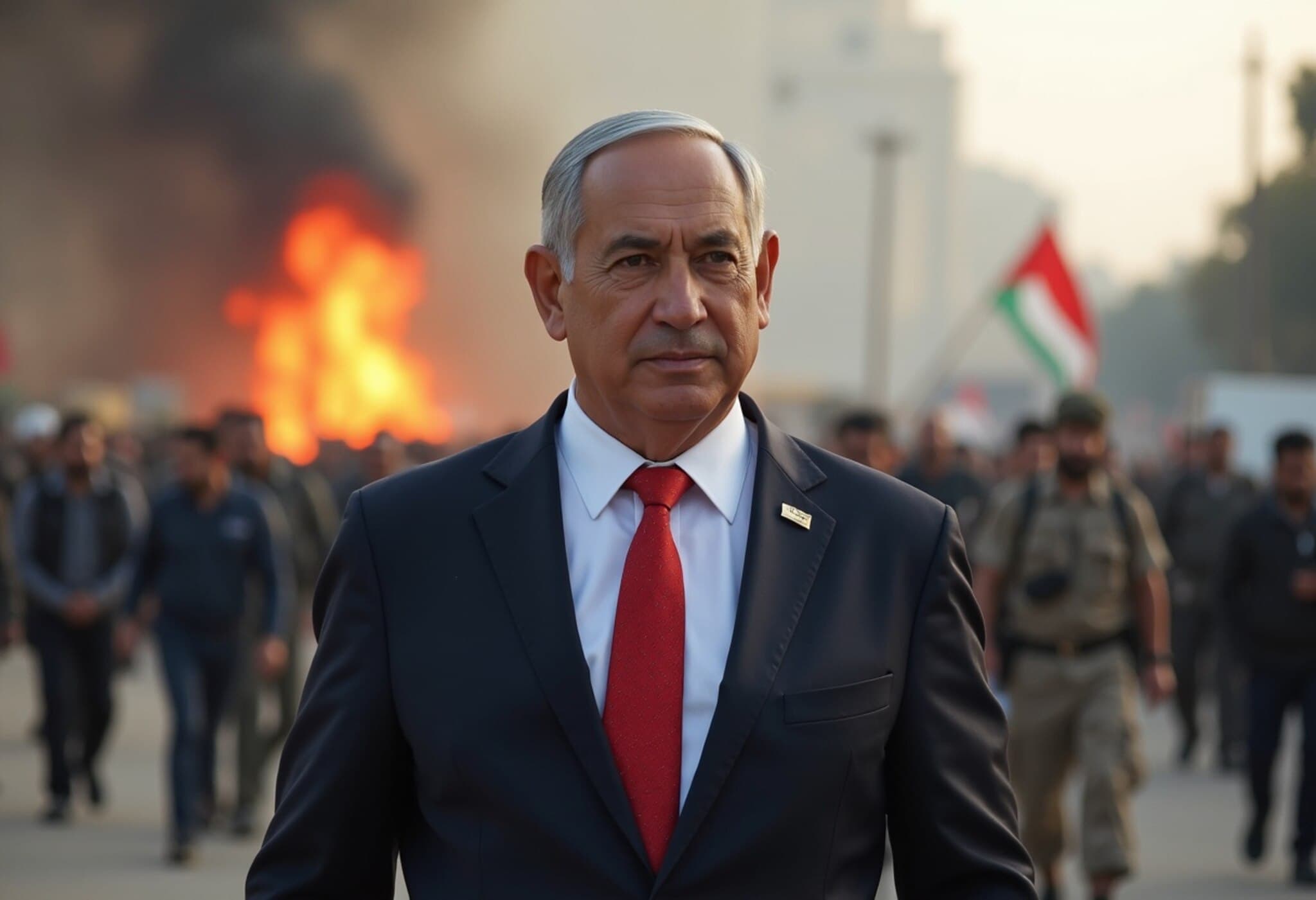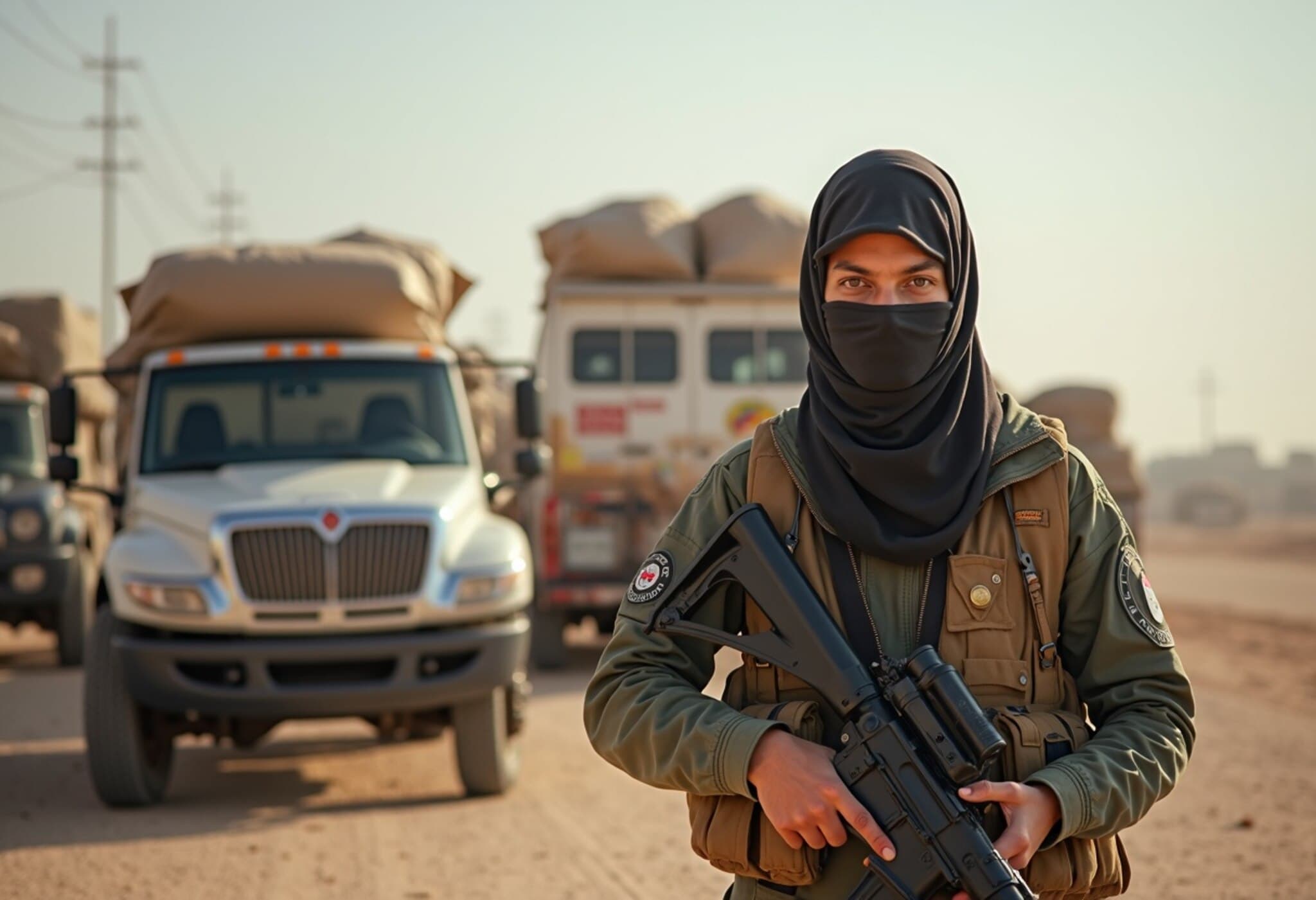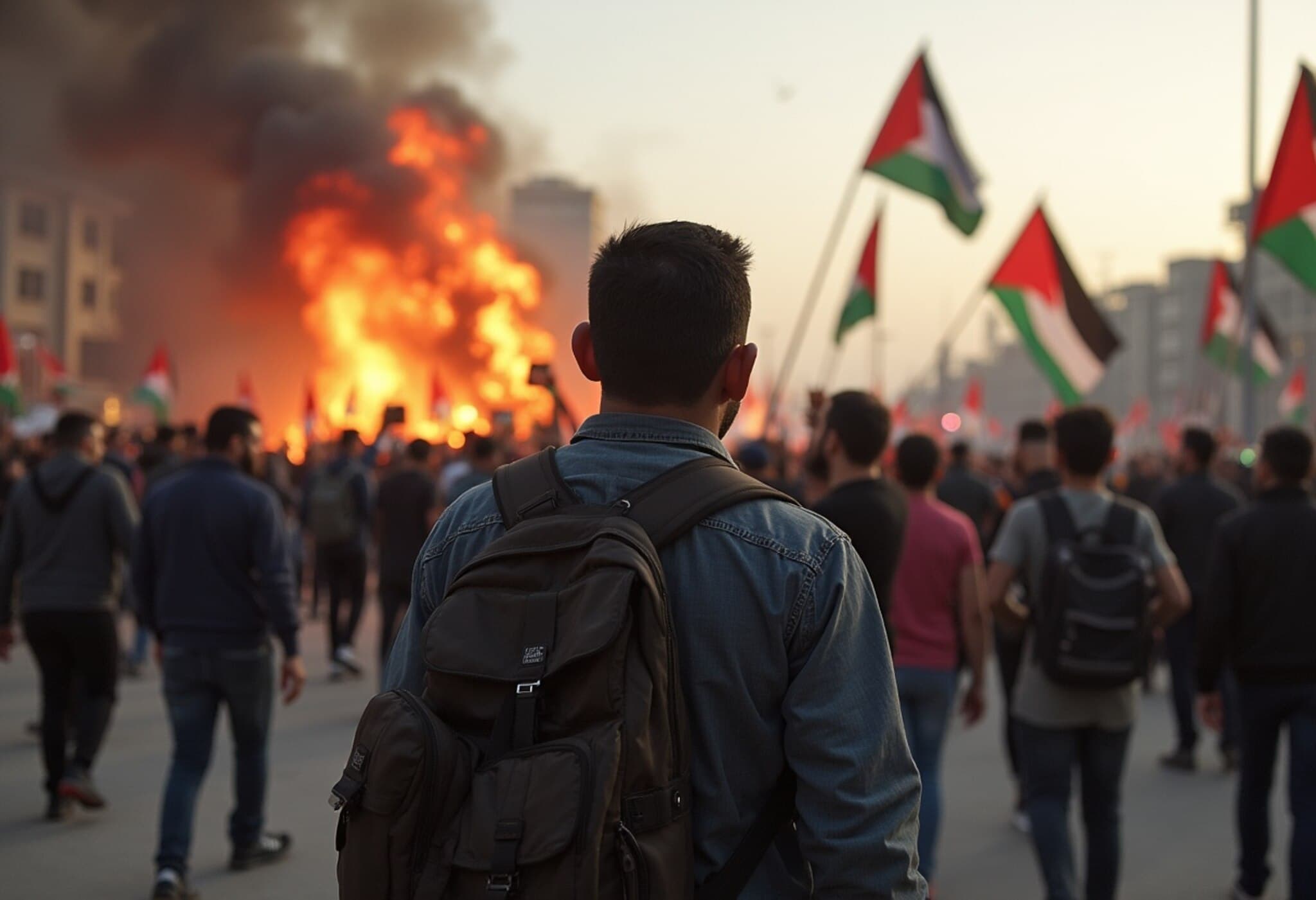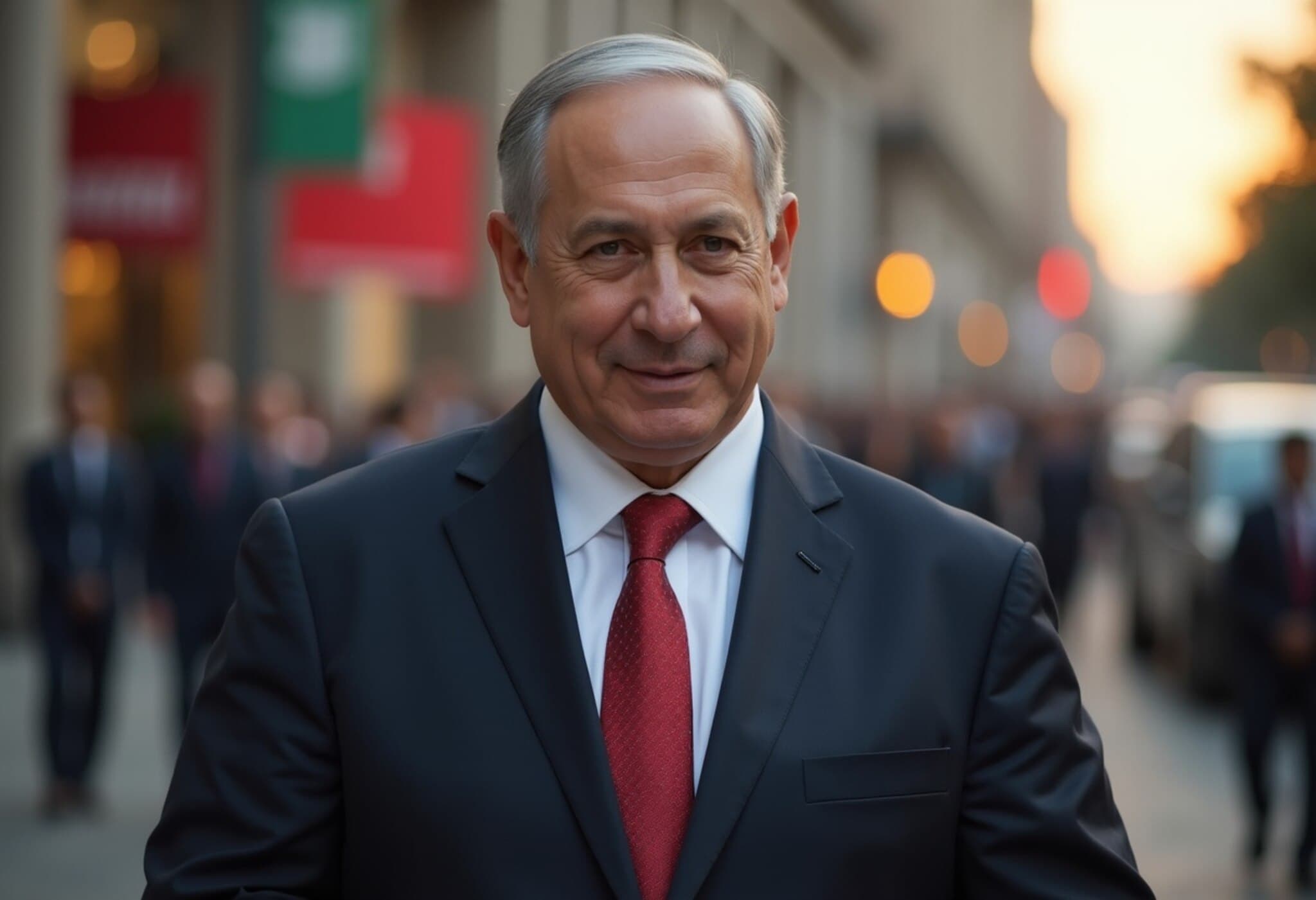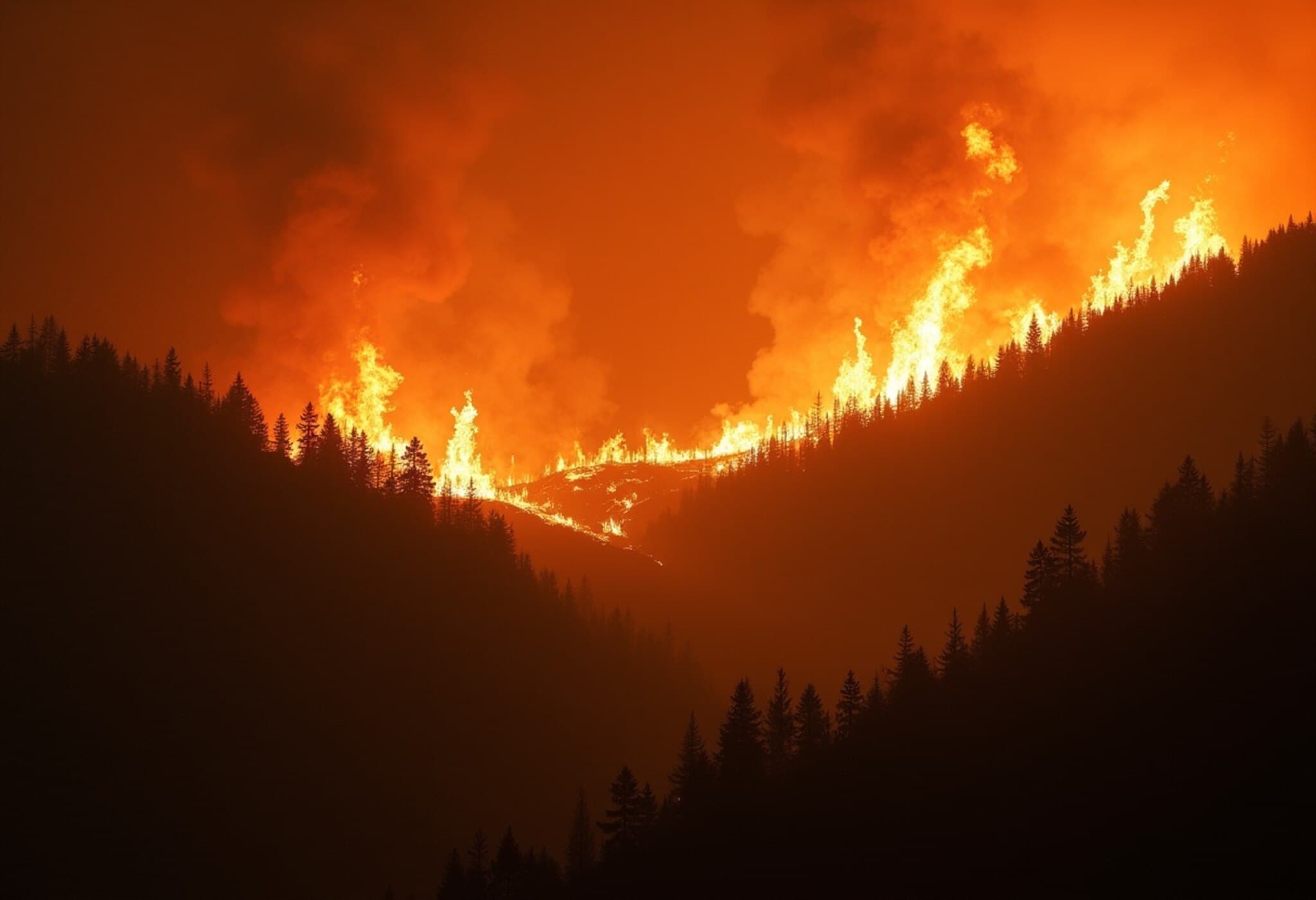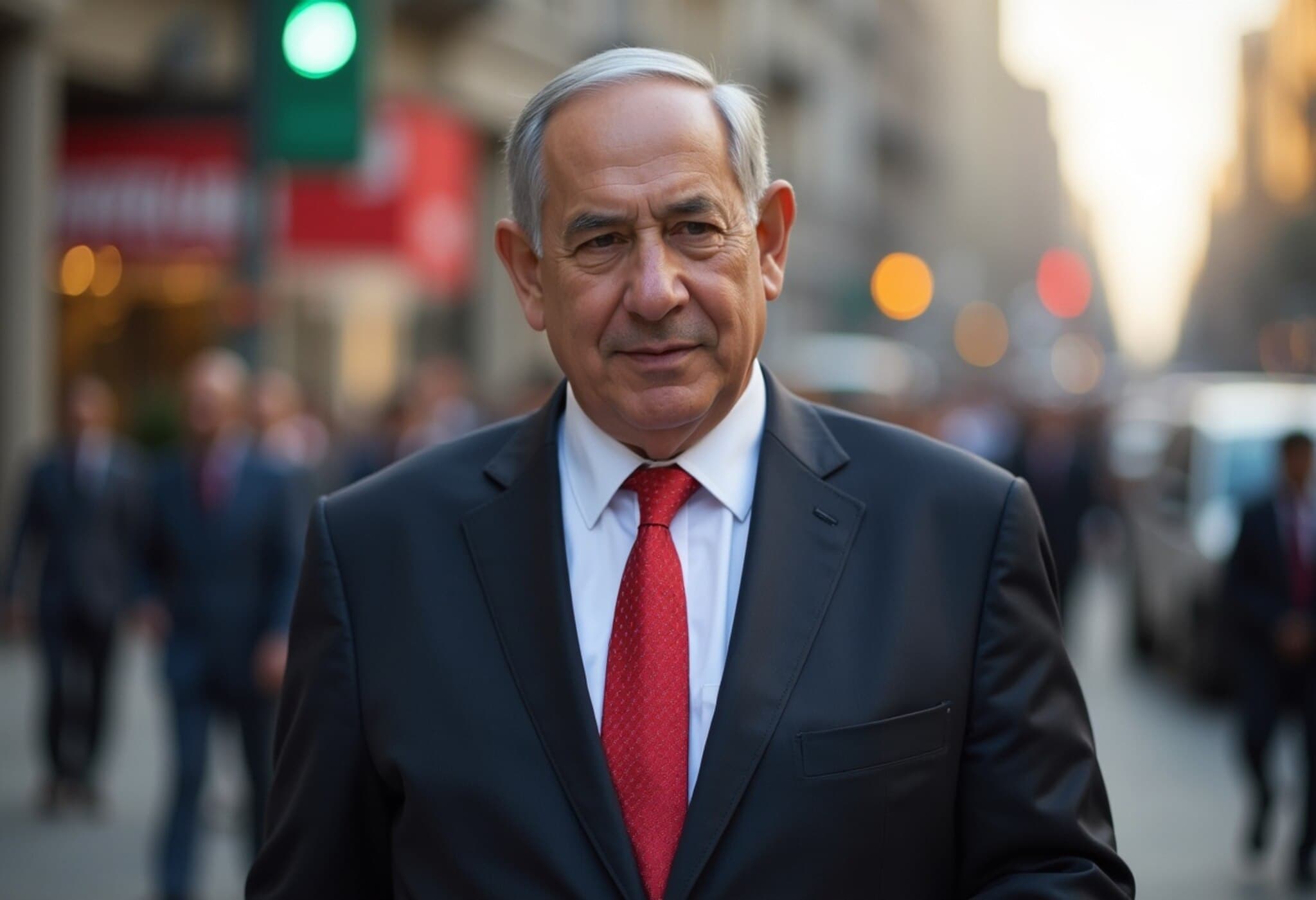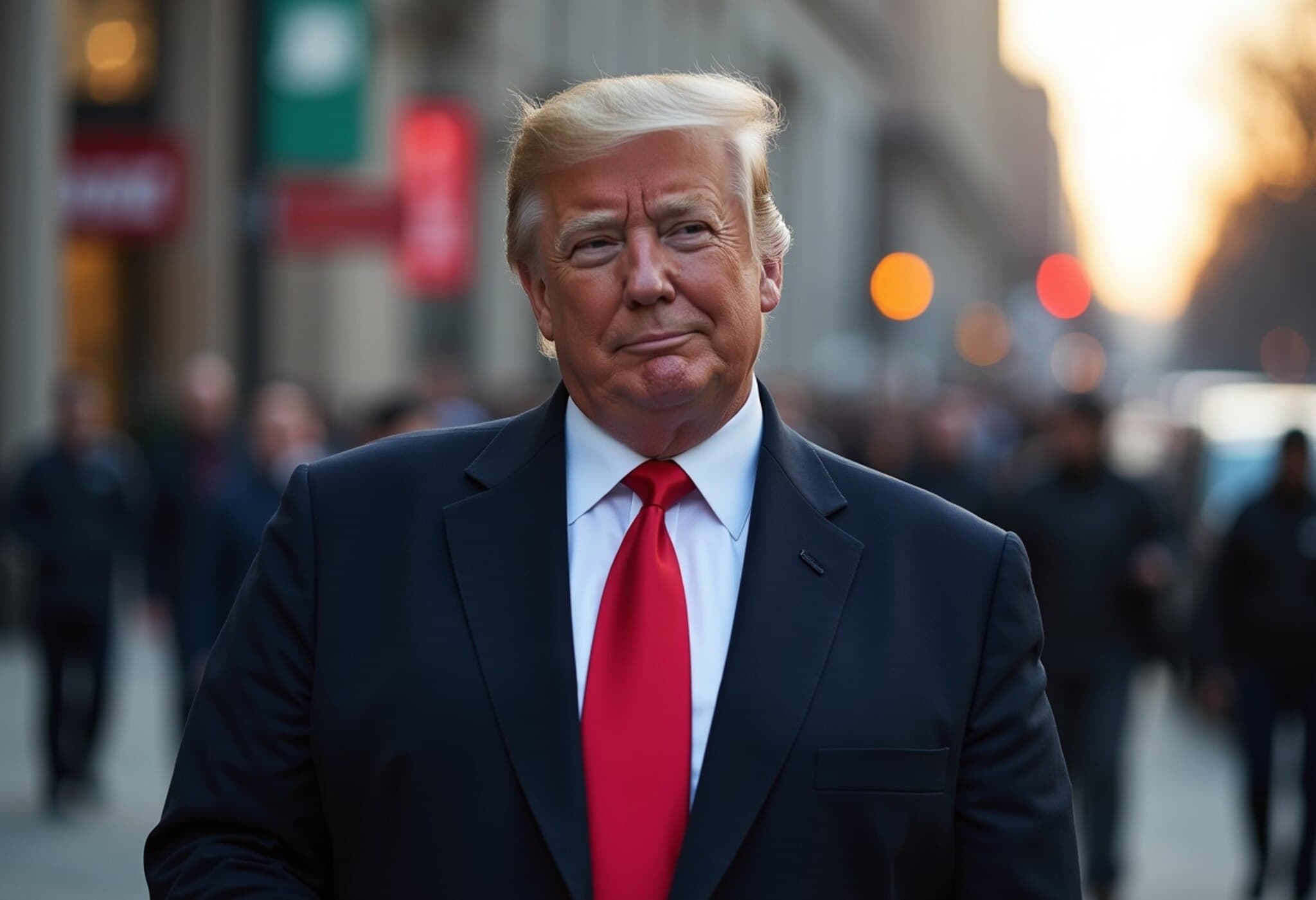Macron Warns of Escalating Crisis in Gaza
French President Emmanuel Macron has voiced strong concerns over Israel's recent decision to intensify its military operations in Gaza, describing the move as a "catastrophe waiting to happen." His remarks come in response to Israel’s security cabinet approving a plan to seize control of Gaza City—an action that has ignited sharp criticism both within Israel and on the world stage.
Urgency for an International Response
In a bold proposal aiming to de-escalate tensions, Macron urged for the formation of a United Nations-mandated international mission to oversee Gaza and protect its civilian population. According to him, such a coalition should be tasked with:
- Ensuring the safety and security of the Gazan people;
- Maintaining order amid escalating conflict;
- Supporting an emerging Palestinian governance framework within the territory.
He emphasized that this mission must be authorized by the UN Security Council, underscoring the need for broad international legitimacy and cooperation.
Context and Implications
The Israeli government has justified its campaign as a necessary response to security threats, with Prime Minister Benjamin Netanyahu affirming a measured approach. However, Macron warned that the planned military expansion into Gaza City and the surrounding Mawasi camps risks spiraling into prolonged violence, with "unprecedented" consequences for both Israeli hostages and the civilian population in Gaza.
Macron’s call for a UN-led mission follows his recent notable recognition of a Palestinian state by France, an initiative that has encouraged similar diplomatic acknowledgments by countries including Britain and Canada. This context illustrates a shifting dynamic in international policy toward the Israel-Palestine conflict, reflecting increasing pressure to resolve issues through multilateral frameworks rather than unilateral military action.
Expert Perspectives: Bridging Diplomacy and Security
Macron’s proposal represents a strategic pivot towards collective security and governance in Gaza, highlighting several underexplored challenges:
- Humanitarian Concerns: Gaza’s densely populated environment renders military operations particularly perilous, amplifying civilian casualties and displacement risks.
- Legal and Political Complexities: Establishing a UN mission involves navigating conflicting sovereignties and ensuring the mission’s impartiality to gain buy-in from all parties.
- Long-term Stability: Beyond immediate ceasefire measures, there’s an urgent need to foster viable governance structures that can sustain peace and rebuild social infrastructure.
The feasibility of Macron’s vision will heavily depend on international consensus within the Security Council, where geopolitical interests often complicate decisive action.
What Lies Ahead?
As the humanitarian toll in Gaza escalates and international calls for restraint grow louder, the coming weeks will test global diplomacy.
The United States, European Union, Middle Eastern states, and the UN itself will play crucial roles in shaping next steps, potentially influencing whether the conflict continues unchecked or ushers in a new chapter of international cooperation.
Editor’s Note
President Macron’s urging for a UN-backed mission shines a spotlight on the complexities of managing conflict zones where civilians bear the brunt of hostilities. The proposal raises important questions about the role of international institutions in peacekeeping and how diplomatic recognition of Palestinian statehood intersects with efforts to protect vulnerable populations. Readers should consider how geopolitical interests and humanitarian imperatives balance in the quest for sustainable peace in Gaza.

